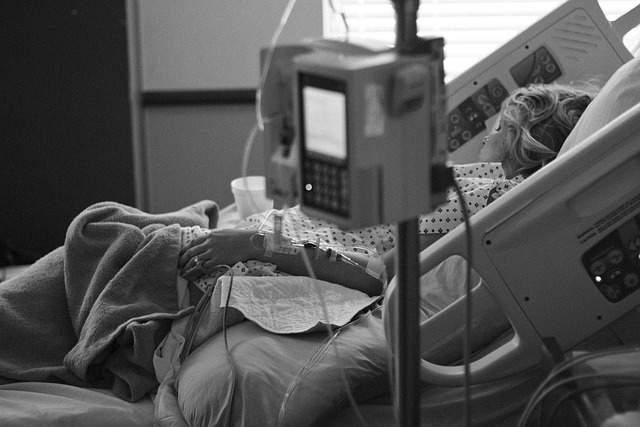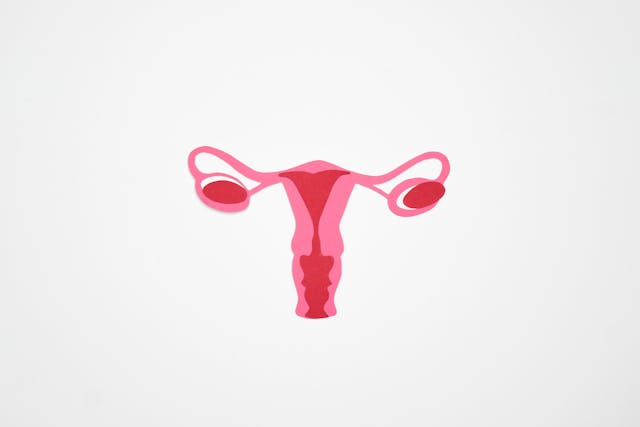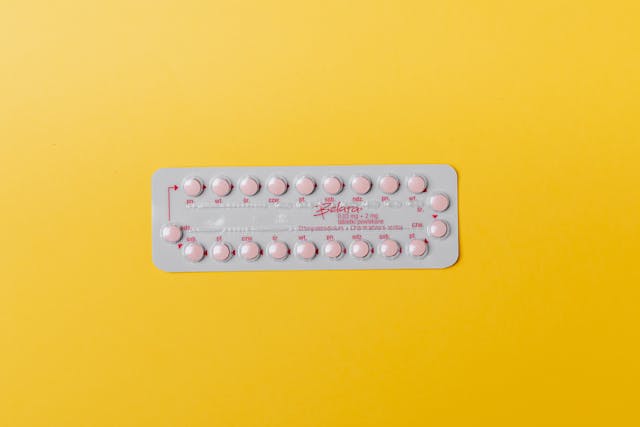Having a hysterectomy is often recommended for women dealing with certain reproductive health issues. However, a new study suggests that having an early hysterectomy before 50 may increase your chance of developing heart disease. Even for those women who end up taking estrogen afterwards, the risks are not entirely canceled out. Let’s find out more about what the study revealed and what this means for those thinking of getting an early hysterectomy.
A Significant Study Regarding Early Hysterectomy

For the study, Mayo Clinic researchers analyzed the health data from nearly 240,000 women. These women were all part of two massive studies that observed nurses for several decades. Some of these women ended up having their ovaries removed, some had hysterectomies, and others had no surgery at all. The researchers looked for significant patterns in the data by comparing the long-term heart health of the groups. The women who had early hysterectomy surgery before age 46 had a greater risk of suffering from a cardiovascular issue, such as a stroke or heart attack.
Ovary Removal Accelerates Aging

The ovaries are responsible for producing certain hormones, such as estrogen. These hormones help protect the organs, such as the heart. When a woman’s ovaries are removed, her estrogen levels suddenly plummet, pushing the body into early menopause. This hormone imbalance can accelerate the aging process, impacting everything from bone strength to cognitive function. Most crucially, it appears to elevate heart disease risk, which is the leading cause of death among women globally.
Estrogen Therapy Isn’t Adequate

When women undergo ovary removal or an early hysterectomy, they are typically prescribed estrogen. This is done in an attempt to replace the hormones that their bodies have stopped producing on their own. In many cases, estrogen can indeed help reduce the symptoms of menopause, simultaneously lowering certain associated health risks. However, the study revealed that even after taking estrogen, women who had early hysterectomy surgery had higher rates of heart disease compared to those who hadn’t. This clarified the fact that hormone therapy alone was not adequate protection for the heart after ovary removal.
Younger Women Face The Greatest Risk

One of the most startling observations from the study is that the younger a woman is when she undergoes surgery, the greater her risk of subsequently developing cardiovascular issues. The women who underwent an early hysterectomy before turning 46 and did not use estrogen were 21% more likely to develop cardiovascular diseases than those who never had the surgery performed. Furthermore, the women who had both their ovaries and uterus removed had significantly higher risks, particularly if they were under the age of 50 when the operation was performed.
Read More: 15 Women’s Health Myths That Can Be Harmful
No Increased Risk Over the Age of 60

Quite interestingly, the women who had hysterectomies after age 60 exhibited no increase in heart disease risk. This makes sense, since a large number of these women were already in their postmenopausal stage. This means that their estrogen levels were already naturally lower. This study indicates that timing plays a very large role in how the body responds to these operations and the hormonal changes they produce.
There Are Different Kinds Of Hysterectomy

It’s worth noting that not every hysterectomy involves the removal of the ovaries. Some women have only the uterus removed, leaving their hormone-producing ovaries intact. In such circumstances, the long-term effects on heart health may be less significant. However, the study revealed that any type of early hysterectomy performed before the age of 50 was associated with an increased risk of cardiovascular disease. This proved to be the case even if the ovaries were left intact.
Alternatives To Early Hysterectomy

Considering these risks, doctors and patients should carefully look at the pros and cons, particularly when the surgery is not medically necessary. For younger women thinking about getting a hysterectomy, alternatives such as uterine fibroid embolization, medication, or less invasive procedures could be worth considering. When surgery is required, special care should be taken to manage other risk factors, such as cholesterol and blood pressure. It is critical that women explore every option they have with their physicians and create a strategy that addresses both their short-term comfort and long-term health.
The Bottom Line

The study ultimately revealed that the younger a woman gets an early hysterectomy, the greater her risk of developing heart issues. While estrogen therapy may help, it more often than not does not erase the associated risks. This study demonstrates that timing and hormone levels have a significant influence on heart health following surgery. Doctors are increasingly being encouraged to personalize their treatment recommendations based on the associated risk factors, age, and long-term health goals.
Read More: Beyond Endo: Why Adenomyosis Should Be The Next Topic of Discussion

